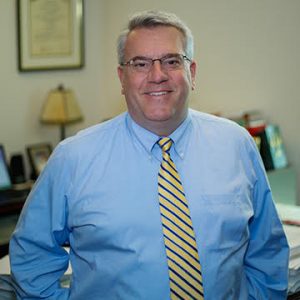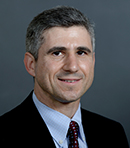Slaughterhouses as Sites of Exception
 Joanna Smith is PhD Candidate in the Department of Religious Studies at the University of North Carolina at Chapel Hill
Joanna Smith is PhD Candidate in the Department of Religious Studies at the University of North Carolina at Chapel Hill
Beginning inthe earliest weeks of the pandemic, America’s slaughterhouses have been a flash-point both for outbreaks of the coronavirus and for public anxiety. Industry leaders offered dire warnings of meat shortages as, predictably, COVID-19 clusters began to erupt at slaughterhouses around the country. The working conditions in meat plants were ripe for disease to spread rapidly: thousands of workers standing shoulder-to-shoulder on the disassembly line; crowded locker rooms, dining halls, and bathrooms; windowless buildings. Yet when the first slaughterhouse was shut down because of an outbreak – a Smithfield pork plant in Sioux Falls, South Dakota – cries for meat plants to stay open grew louder. Although there were slowdowns across the food system, with shortages of eggs, milk, produce, and canned goods, none seemed to evoke such an emotional response from the public as the threat of meat shortage.



 Samuel J. Levine
Samuel J. Levine